Recombinant Human Regulator of G-protein signaling 4 (RGS4)
-
中文名称:人RGS4重组蛋白
-
货号:CSB-YP019656HU
-
规格:
-
来源:Yeast
-
其他:
-
中文名称:人RGS4重组蛋白
-
货号:CSB-EP019656HU
-
规格:
-
来源:E.coli
-
其他:
-
中文名称:人RGS4重组蛋白
-
货号:CSB-EP019656HU-B
-
规格:
-
来源:E.coli
-
共轭:Avi-tag Biotinylated
E. coli biotin ligase (BirA) is highly specific in covalently attaching biotin to the 15 amino acid AviTag peptide. This recombinant protein was biotinylated in vivo by AviTag-BirA technology, which method is BriA catalyzes amide linkage between the biotin and the specific lysine of the AviTag.
-
其他:
-
中文名称:人RGS4重组蛋白
-
货号:CSB-BP019656HU
-
规格:
-
来源:Baculovirus
-
其他:
-
中文名称:人RGS4重组蛋白
-
货号:CSB-MP019656HU
-
规格:
-
来源:Mammalian cell
-
其他:
产品详情
-
纯度:>85% (SDS-PAGE)
-
基因名:RGS4
-
Uniprot No.:
-
别名:MGC2124; MGC60244; Regulator of G protein signalling 4; Regulator of G-protein signaling 4; RGP 4; RGP4; RGS 4; RGS4; RGS4_HUMAN; Schizophrenia disorder 9; SCZD 9; SCZD9
-
种属:Homo sapiens (Human)
-
蛋白长度:Full length protein
-
表达区域:1-205
-
氨基酸序列MCKGLAGLPA SCLRSAKDMK HRLGFLLQKS DSCEHNSSHN KKDKVVICQR VSQEEVKKWA ESLENLISHE CGLAAFKAFL KSEYSEENID FWISCEEYKK IKSPSKLSPK AKKIYNEFIS VQATKEVNLD SCTREETSRN MLEPTITCFD EAQKKIFNLM EKDSYRRFLK SRFYLDLVNP SSCGAEKQKG AKSSADCASL VPQCA
-
蛋白标签:Tag type will be determined during the manufacturing process.
The tag type will be determined during production process. If you have specified tag type, please tell us and we will develop the specified tag preferentially. -
产品提供形式:Lyophilized powder
Note: We will preferentially ship the format that we have in stock, however, if you have any special requirement for the format, please remark your requirement when placing the order, we will prepare according to your demand. -
复溶:We recommend that this vial be briefly centrifuged prior to opening to bring the contents to the bottom. Please reconstitute protein in deionized sterile water to a concentration of 0.1-1.0 mg/mL.We recommend to add 5-50% of glycerol (final concentration) and aliquot for long-term storage at -20℃/-80℃. Our default final concentration of glycerol is 50%. Customers could use it as reference.
-
储存条件:Store at -20°C/-80°C upon receipt, aliquoting is necessary for mutiple use. Avoid repeated freeze-thaw cycles.
-
保质期:The shelf life is related to many factors, storage state, buffer ingredients, storage temperature and the stability of the protein itself.
Generally, the shelf life of liquid form is 6 months at -20°C/-80°C. The shelf life of lyophilized form is 12 months at -20°C/-80°C. -
货期:Delivery time may differ from different purchasing way or location, please kindly consult your local distributors for specific delivery time.Note: All of our proteins are default shipped with normal blue ice packs, if you request to ship with dry ice, please communicate with us in advance and extra fees will be charged.
-
注意事项:Repeated freezing and thawing is not recommended. Store working aliquots at 4°C for up to one week.
-
Datasheet :Please contact us to get it.
相关产品
靶点详情
-
功能:Inhibits signal transduction by increasing the GTPase activity of G protein alpha subunits thereby driving them into their inactive GDP-bound form. Activity on G(z)-alpha is inhibited by phosphorylation of the G-protein. Activity on G(z)-alpha and G(i)-alpha-1 is inhibited by palmitoylation of the G-protein.
-
基因功能参考文献:
- Study investigated whether RGS4 could participate in signalling pathways to regulate neurotropic events. These observations suggest that RGS4 is implicated in opioid dependent neuronal differentiation and neurite outgrowth via a "non-canonical" signaling pathway regulating STAT5B-directed responses. PMID: 28219718
- Data support the notion that the Galpha, but not Gbetagamma, arm of the Gi/o signalling is involved in TRPC4 activation and unveil new roles for RGS and RGS4 in fine-tuning TRPC4 activities. PMID: 26987813
- The results of this study demonstrated the association between the variation in the regulator of G-protein signaling 4 (RGS4) gene, a putative candidate gene for psychosis previously associated with schizophrenia endophenotypes, and psychotic-like experiences (PLEs). PMID: 26910404
- All of these results confirmed the critical role of RGS4 in NSCLC progression. PMID: 26640232
- After alphao dissociates from MOR, RGS4 remains bound to the C-terminal region of MOR PMID: 26119705
- RGS4 deletion results in a predisposition to atrial fibrillation from enhanced activity in the G-protein pathway, resulting in abnormal calcium release and corresponding electrical events. PMID: 26088132
- RGS2 and RGS4 are new interacting partners that play key roles in G protein coupling to negatively regulate kappa-OmicronR signaling. PMID: 25289860
- RGS4 and COMT risk variants are associated with brain structural alterations in patient with schizophrenia. PMID: 23911251
- genetic association study in Chinese Han population: Data suggest an SNP in RGS4 (rs10759) is associated with increased predisposition to schizophrenia via down-regulation of miroRNA (MIRN124) binding to 3-prime-untranslated region of RGS4 mRNA. PMID: 23332465
- The results suggest unaltered membrane RGS4 and cytosolic RGS10 proteins levels in schizophrenia and major depression. PMID: 23093381
- dramatic up-regulation of RGS4 expression in the nucleus accumbens of subjects treated with monoamine-directed antidepressants PMID: 23630294
- Lack of association between the regulator of G-protein signaling 4 (RGS4) rs951436 polymorphism and schizophrenia. PMID: 22157635
- Cys-2 and Cys-12 play markedly different roles in the regulation of RGS4 membrane localization, intracellular trafficking, and G(q) inhibitory function via mechanisms that are unrelated to RGS4 protein stabilization. PMID: 22753418
- RGS4 gene variations specifically disrupt prefrontal control of saccadic eye movements. PMID: 21910931
- These studies indicate that increased RGS4 expression promotes a phenotypic switch of airway smooth muscle, evoking irreversible airway obstruction in subjects with severe asthma. PMID: 22253691
- The researchers found evidence that there were significant differences between the D1S1656 locus in the Maghreb population and other populations. PMID: 21674833
- RGS4 and RGS10 proteins are detected in postmortem prefrontal cortex. PMID: 20816714
- Opioid-induced down-regulation of RGS4: role of ubiquitination and implications for receptor cross-talk. PMID: 21209077
- RGS4 polymorphisms are associated with variations in cognitive functions and contribute a small but statistically significant proportion of variance in a family-based sample. PMID: 19282471
- Localization of Sst2 to the projection prevents excess G-protein activation during the pheromone response. PMID: 20712983
- RGS4 is a potential susceptible gene for bipolar disorder. PMID: 20414142
- A novel mechanism involving coordinated regulation of nuclear levels and acetylation of NF-YA and Bcl6 activates RGS4 transcription. PMID: 20630860
- A homogeneous sample of 280 schizophrenia patients and 230 healthy controls of Hungarian, Caucasian descent were genotyped for polymorphisms in schizophrenia candidate genes NRG1, DTNBP1, RGS4, G72/G30, and PIP5K2A. PMID: 19937977
- cytosolic and membrane levels of RGS4 may contribute to the regional differences in the coupling of muscarinic M1 receptors in Alzheimer's disease PMID: 12422374
- A significant decrease in the transcript encoding regulator of G-protein signaling 4 (RGS4) in the prefrontal cortex of patients with schizophrenia. PMID: 12436019
- results suggest that palmitoylation of a Cys residue in the regulator of G protein signaling(RGS) box is critical for RGS16 and RGS4 GAPase activating protein activity and their ability to regulate G protein signaling in mammalian cells PMID: 12642592
- The data of this research give modest support for the hypothesis that the regulator of G-protein signaling 4 is a susceptibility gene for schizophrenia. PMID: 14732600
- RGS4 mRNA distribution in human postmortem tissue from normal persons was very dense in most cortical layers examined, with lower density in the basal ganglia and thalamus. PMID: 15182322
- Results could be interpreted as supporting evidence for the association between RGS4 and schizophrenia. PMID: 15274033
- RGS4 and beta-tubulin modulate Galpha-GDP and Galpha-GTP states thus modulating MT1 melatonin receptor function. PMID: 15369705
- RGS4 polymorphisms are associated with alterations in dorsolateral prefrontal cortex (area 9) volumes among schizophrenic patients. PMID: 15381923
- Although gross indices of signaling were unaffected by RGS4, it slowed the rate of increase in Ins(1,4,5)P3 levels. PMID: 15383626
- In schizophrenia, significant case-control differences were not observed, though the TDT suggested transmission distortion. For bipolar disorder, an omnibus test suggested differences in the overall distribution of haplotypes bearing all four SNPs. PMID: 15660667
- No association is identified between RGS4 single nucleotide polymorphism (SNP) markers, genotypes, or haplotypes and schizophrenia PMID: 16082709
- Data do not directly replicate previous associations of RGS4, but association with SNP 7 in the Scottish population provides some support for a role in schizophrenia susceptibility. PMID: 16176390
- These results provide the first demonstration of a Ca(2+)-dependent interaction between RGS4 and CaM in vivo and show that association in lipid rafts of the plasma membrane might be involved in this physiological regulation of RGS proteins. PMID: 16246308
- Finding weakens the evidence that mutations or variation in the RGS4 gene have an effect on schizophrenia susceptibility. PMID: 16508931
- Results fail to support the RGS4 as a candidate gene for schizophrenia when evaluated with three SNP markers from promoter region and intron 1. PMID: 16526029
- RGS4 is an example of a molecule that may underlie increased vulnerability through either genetic or non-genetic mechanisms, which we suggest may be typical of other genes in a complex, polygenic disorder such as schizophrenia. PMID: 16860780
- Genetic polymorphisms within RGS4 are unlikely to confer an increased susceptibility to the etiology of schizophrenia. PMID: 16904822
- RGS4 mRNA was inversely correlated with COMT enzyme activity in the dorsolateral prefrontal cortex PMID: 16905560
- SNPs in RGS4, G72, GRM3, and DISC1 showed evidence for significant statistical epistasis with COMT. PMID: 17006672
- RGS4 single nucleotide polymorphism impacts frontal lobe blood oxygenation level-dependent response and network coupling during working memory and results in reductions in gray, white matter structural volume in individuals carrying the A allele. PMID: 17301167
- In RGS4, the G-allele of the previously reported SNP RGS4-1 (single and as part of haplotypes with SNP RGS4-18) was associated with non-deficit schizophrenia but not with deficit schizophrenia. PMID: 17410640
- study identified all common RGS4 polymorphisms & evaluated patterns of linkage disequilibrium in relation to schizophrenia; 2 haplotypes reported to confer liability to SZ had significant promoter activity suggesting functional role for both haplotypes PMID: 17515439
- RGS4 genotypes predicted both the severity of baseline symptoms and relative responsiveness to antipsychotic treatment in patient with schizophrenia. PMID: 17588543
- Full length cloning and expression analysis of splice variants of RGS4 were performed. PMID: 17707117
- the association of regulator of G-protein signalling 4 protein polymorphisms with the phenotypic subgroups of schizophrenia. PMID: 17722013
- The isolation and characterization of a novel human RGS4 mutant which displays enhanced or gain-of-function (GOF) activity, is described. PMID: 18031991
- RGS4 variances influence clinical manifestations of schizophrenia PMID: 18204343
显示更多
收起更多
-
相关疾病:Schizophrenia (SCZD)
-
组织特异性:Expressed in brain and heart. Expressed in brain at protein level. Expressed in prefontal and visual cortex. Isoform 4 and isoform 5 are expressed ubiquitously. Isoform 1, isoform 2 and isoform 3 are not expressed in the cerebellum.
-
数据库链接:
HGNC: 10000
OMIM: 181500
KEGG: hsa:5999
STRING: 9606.ENSP00000397181
UniGene: Hs.386726
Most popular with customers
-
Recombinant Human Retinol-binding protein 4 (RBP4) (Active)
Express system: Mammalian cell
Species: Homo sapiens (Human)
-
Recombinant Macaca fascicularis Delta-like protein 3 (DLL3), partial (Active)
Express system: Mammalian cell
Species: Macaca fascicularis (Crab-eating macaque) (Cynomolgus monkey)
-
Recombinant Human Tissue factor pathway inhibitor (TFPI), partial (Active)
Express system: Mammalian cell
Species: Homo sapiens (Human)
-
Recombinant Mouse Cell adhesion molecule 1 (Cadm1), partial (Active)
Express system: Mammalian cell
Species: Mus musculus (Mouse)
-
Recombinant Macaca fascicularis Dipeptidase 3(DPEP3) (Active)
Express system: Mammalian cell
Species: Macaca fascicularis (Crab-eating macaque) (Cynomolgus monkey)
-
Recombinant Human Tumor necrosis factor ligand superfamily member 15(TNFSF15) (Active)
Express system: Mammalian cell
Species: Homo sapiens (Human)


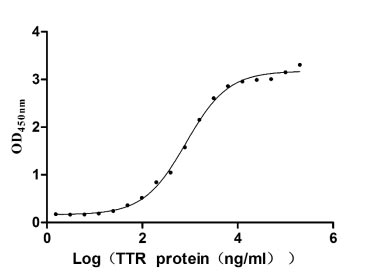
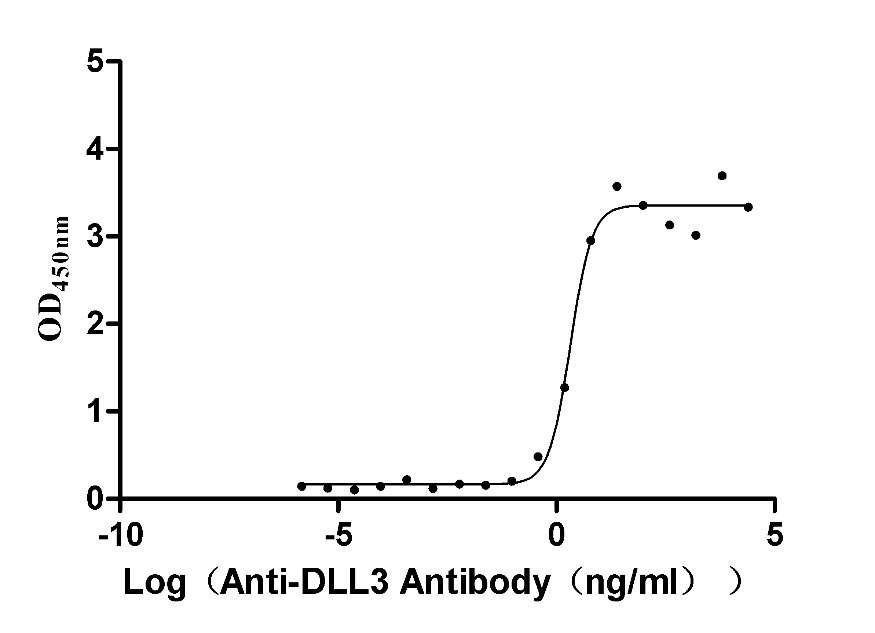
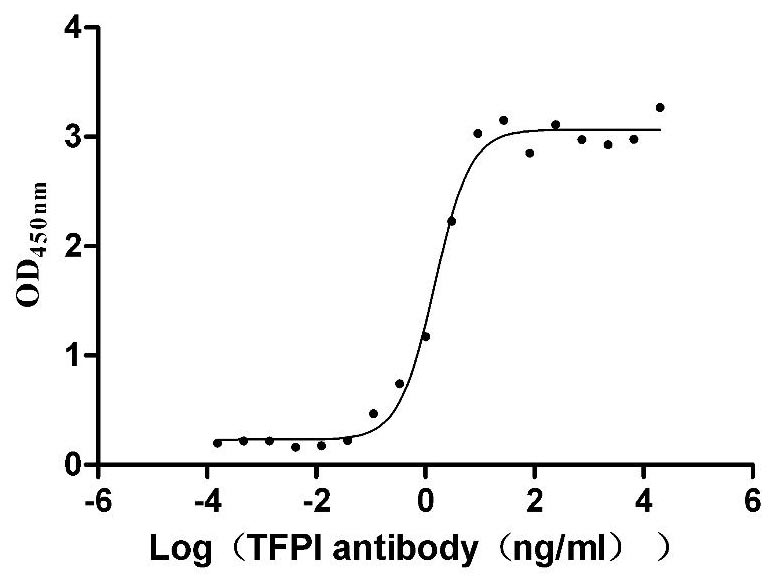
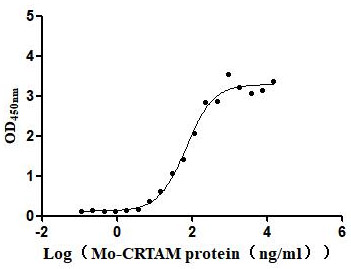
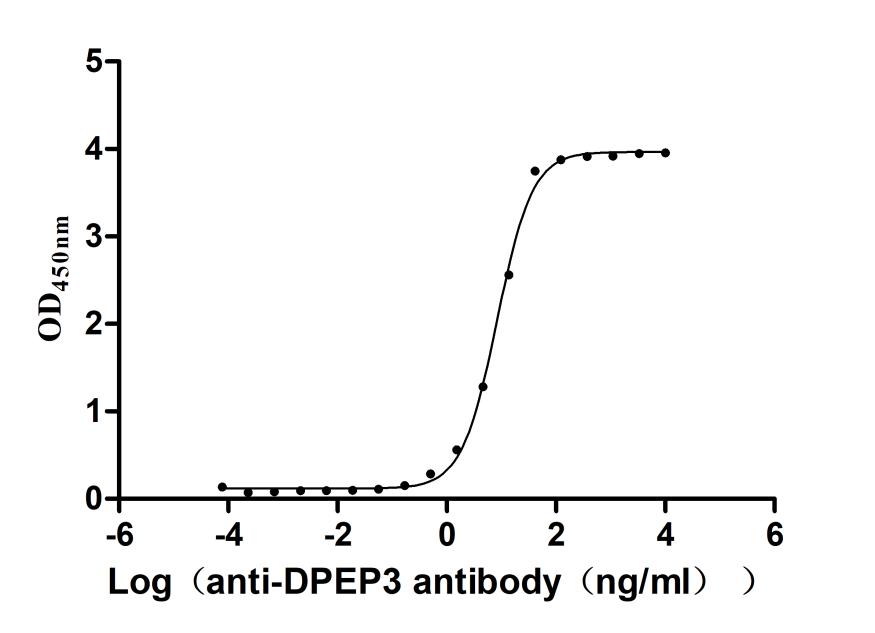
-AC1.jpg)










